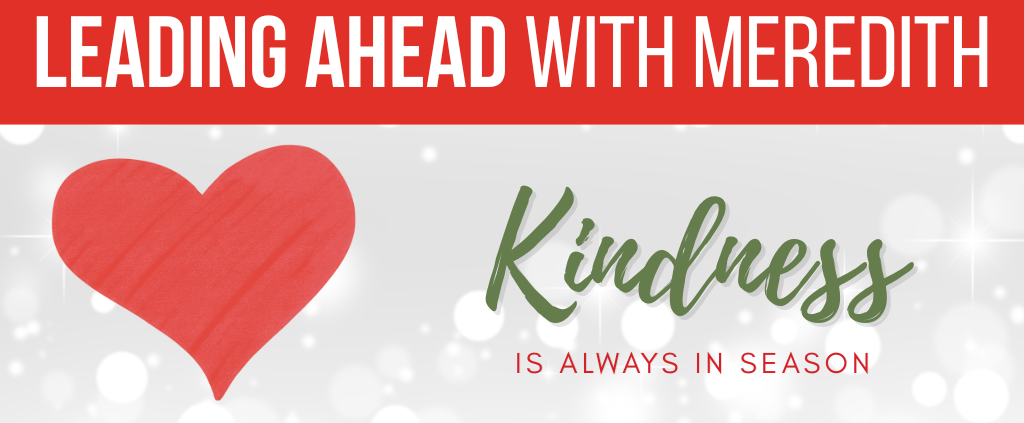
I don’t say this because I’m fishing for the obligatory “no you’re not.”I say this because, well, it’s true.
I gained more than 100 pounds during the nine months of my pregnancy. And since my son’s birth in August 2013, I’ve only managed to lose about 30 of those pounds.
I share these intimate details because it occurs to me that there is a misconception in our country about obesity.
Common sense would dictate that a country full of obese individuals could not also simultaneously be a country full of hungry people.
Recent studies have shown that yes, obese people can still be the same people struggling with hunger and food insecurity. They struggle to buy and eat foods that fulfill their nutritional requirements.
I realize this fact is counterintuitive.
It would seem rational to assume that someone who is overweight obviously isn’t having trouble finding food to eat.
But here’s the skinny – pardon the pun.
I myself have a real problem with eating the wrong foods for the wrong reasons.
If I’m stressed out, upset or emotional, my instinctive reaction is to reach for a comfort food, whether it is French fries, macaroni and cheese or mashed potatoes.
We are a culture of food, so it seems reasonable that when we’re under duress we crave the comfort of a tangible reminder of happier moments.
Say what you want about willpower, but when I’m sad or stressed, I don’t really care what those fries are doing to my hips.
So if I turn to junk food for comfort in my meager moments of stress, imagine the emotional eating habits of someone who faces overwhelming daily worries about unemployment, homelessness or overdue bills.
It’s also true that healthier foods require two things that low-income folks don’t have in abundance – time and money.
I myself am guilty of running through the drive through for a cheeseburger simply because after caring for a baby and working a full day, I don’t have the time or energy to go the grocery store, buy supplies, and prepare a healthy meal at home.
While the “plan-ahead” and “prep on the weekend” ideas are helpful, they’re not always feasible for me, let alone someone working two jobs.
And when it comes to the cost of food, healthy food just costs more. Yes, yes you can buy a bag of lettuce for $2. But while a $2 cheeseburger can fill you up, a bag of lettuce cannot. Or at least it doesn’t fill me up.
Even if time and money are available for healthier foods, there’s one more factor. Now, I won’t fib and say that I don’t “know” why and how to eat better.
But for some low-income folks this is just plain true. Sure, with all the media attention, most food insecure families probably know about the health consequences of poor eating habits.
But there’s a very good chance they don’t know how to go about improving their nutritional intake. The Food Network aside, there’s also a good chance some of these families have never learned how or what to cook. They don’t know what foods are both affordable and healthy. They may not have the time to search to peruse Pinterest for recipes.
Maybe they don’t even have the time or desire to worry about such things. I’m not much of a cook myself, so I can relate.
But while I have a support network and the option to join a gym, low-income folks do not. They already have a full plate, just trying to get by.
So, consider all these factors before you raise an eyebrow at an obviously overweight person at the food pantry or in line at the grocery store paying for food with food stamps.
As for me, well I don’t have any excuses that are nearly as sound.
Still, don’t judge me if I indulge in cheese fries now and then.
By Bethany Prange
Communications Coordinator at the St. Louis Area Foodbank

